Pease porridge hot, pease porridge cold,
Pease porridge in the pot, nine days old;
Some like it hot, some like it cold,
Some like it in the pot, nine days old.
That ‘Pease Porridge’ Mother Goose nursery rhyme is a succinct summary of the biases, tendencies, idiosyncrasies and preferences we all have such that without a certain degree of intentionality we might never do one thing or the other at all because it simply isn’t my thing.
In my medical school days, I found it über interesting that each specialist professor would talk about their field with such passion and all-importance as if the whole body were an eye or liver or skin or heart or bones or whatever. No matter the medical condition, they would find a cause or effect related to their darling body part. In fact, we believed there were consultants who could literally hear and spot diagnose a heart murmur without a stethoscope just by walking into the consulting room!
In leader formation, I have also found that depending on the trainer or coach’s personal preferences, biases or sweet spot, they zoom in on one area (eg. character development or strategy or organizational culture) to the detriment of other equally important aspects of leader formation.
During my Master of Arts in Global Leadership at Fuller, I encountered a schema for the programme which I fell in love with. I have since adapted it as ‘7 Inputs & Outcomes of Leader Formation’ at YAW PERBI, providing a framework and basis, process and end product for our leader formation, whether via coaching or consulting, in our authoring of resources, and certainly in our speaking and training. Here it is (diagram below).
THE SEVEN LEADERSHIP FOOD GROUPS
Your body needs a nutritional balance of carbohydrates and proteins, fats/oils, minerals and vitamins. This is accomplished through food groups like grains, milk products, meats, fruits and vegetables. Similarly, your head, heart and hands require these seven ‘food groups’ to nourish and form the basis of leader development:
1. Classically Informed Practice: This is the origin and objective of leadership. Classical means ancient. Fuller’s original is Biblically-informed for obvious reasons but while that is true for us at YAW PERBI, we also include Ancient African, Asian and Greek/Latin literature (Aristotle, Socrates, Plato). The point of rooting leader formation in a meta narrative is that many people consider the whole area of leadership/leadership development as a creation of Western business schools and or even the modern American management industry but no. The art and science of leadership dates back 6,000 years in scripture, and with the likes of Akhenaten, King of Egypt (1380-1334 BC), Moses (1391-1271 BC), Lao Tzu (604-531), Cyrus the Great (600-530BC), Confucius (551-479 BC), Plato (427-347 B), Aristotle (384-322 BC) and Cicero (106-43 BC) throughout history.
2. Character Development: Constitutes the heart of leadership. At the end of the day, the heart of the matter is the matter of the heart. As I’ve heard it said time and again, charisma without character is a disaster waiting to happen. Invariably it does. That character is the bedrock of authentic and long-lasting leadership cannot be overemphasized.
3. Reflective Lifestyle: Herein lies the rhythm of leadership. This isn’t one of Fuller’s original six. I included it after a meeting with a group of senior leaders mentoring emerging leaders in Africa. Dr. Joshua Bogunjoku, my senior medical colleague and big brother who is the international director for SIM really passionately brought the necessity for stillness, silence, introspection and such to the fore to which I agreed and couched this indispensable ingredient.
4. Missional Community: This is the goal of leadership. Leadership is about serving and influencing a group of people (community) towards a certain noble purpose (cause). That cause or mission, according to my worldview, is a subset of a meta narrative known as the missio Dei that must ultimately bring glory to the God of the universe, benefit creation (people being chief among creation) and vanquish evil. Without a flourishing community on this vital three-fold mission, what the heck is leadership for?
5. Global Diversity: It goes without saying that we live in a global village, made even tighter still by the meta internet connectivity in this Covid-19 era. Not even spatial distancing can change the closeness. It is not uncommon for leaders today to have team members strewn across different timezones and having worldview, cultural beliefs and ethnic values that are very different. Global diversity is the context of leadership today.
6. Lifelong Learning in a Diverse Community: Herein lies the continuing development of leadership. As you already know, the present continues learning of a leader gives them the right and means to keep leading. The day we stop learning, we stop leading. Lifelong learning is catalyzed in diverse community, physical or virtual.
7. Organizational Dynamics: This is how leadership is implemented. I once met a former Fortune 500 company CEO near Chicago who described companies as ‘a necessary evil.’ At the end of the day, as long as two or more people come together, we need some sort of ‘organization’ to make things happen. It’s wonderful to have a great heart, but without the cutting edge knowledge and skillful hands to steer organizations with all their dynamics, these great ideas and causes won’t last very long.
CONCLUSION
For the last decade I have believed in and practiced going deep with leaders rather than merely going wide (mass production). I believe in Maxwell’s Law of Process, that leadership is built daily; not in day. Consequently, whoever walks long enough with us at YAW PERBI will invariably realize that they have been well-fed and well-formed holistically, with each of the above seven leadership food groups amply supplied, digested and fleshed out.


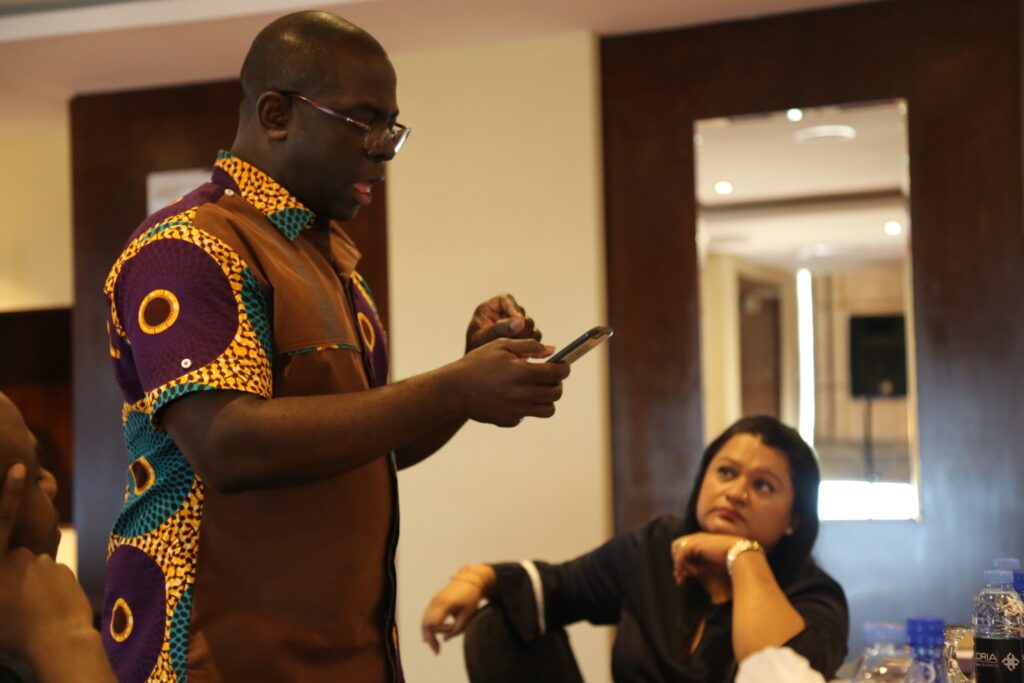
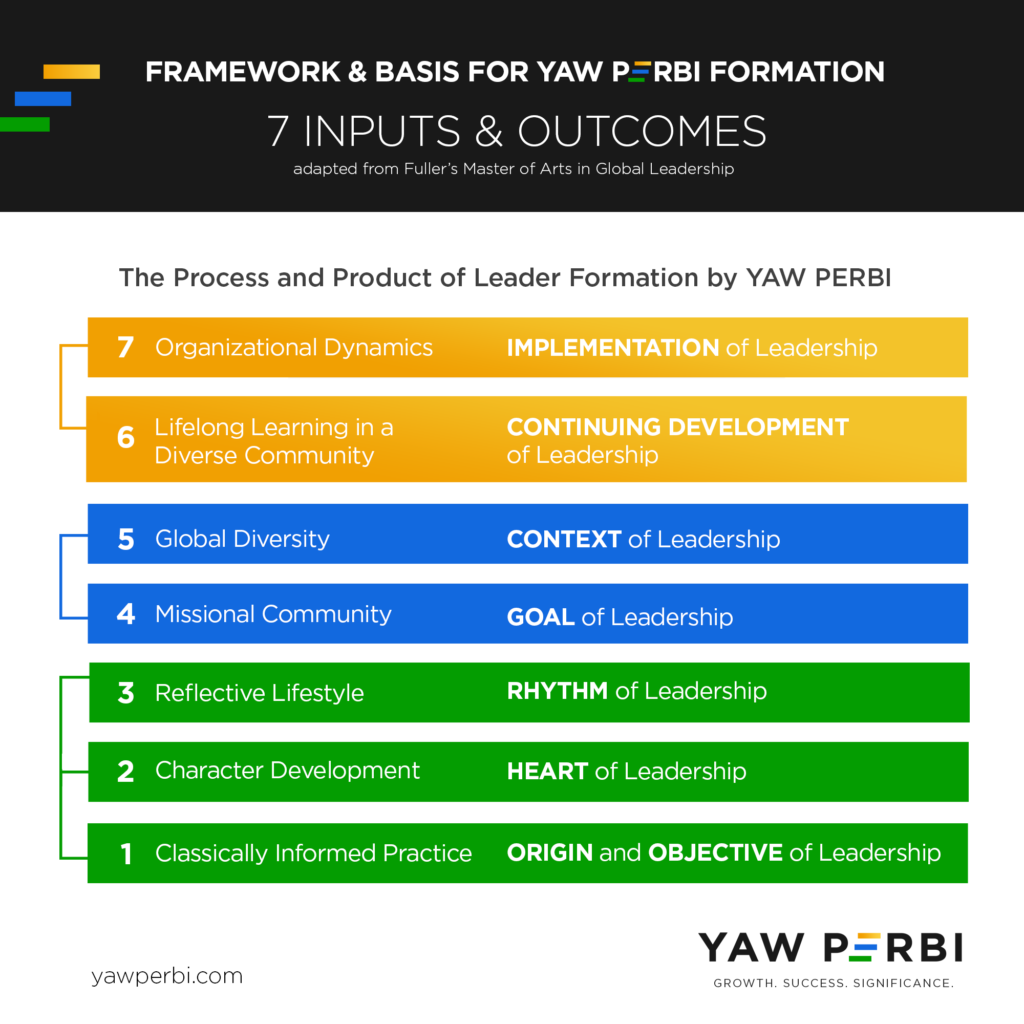



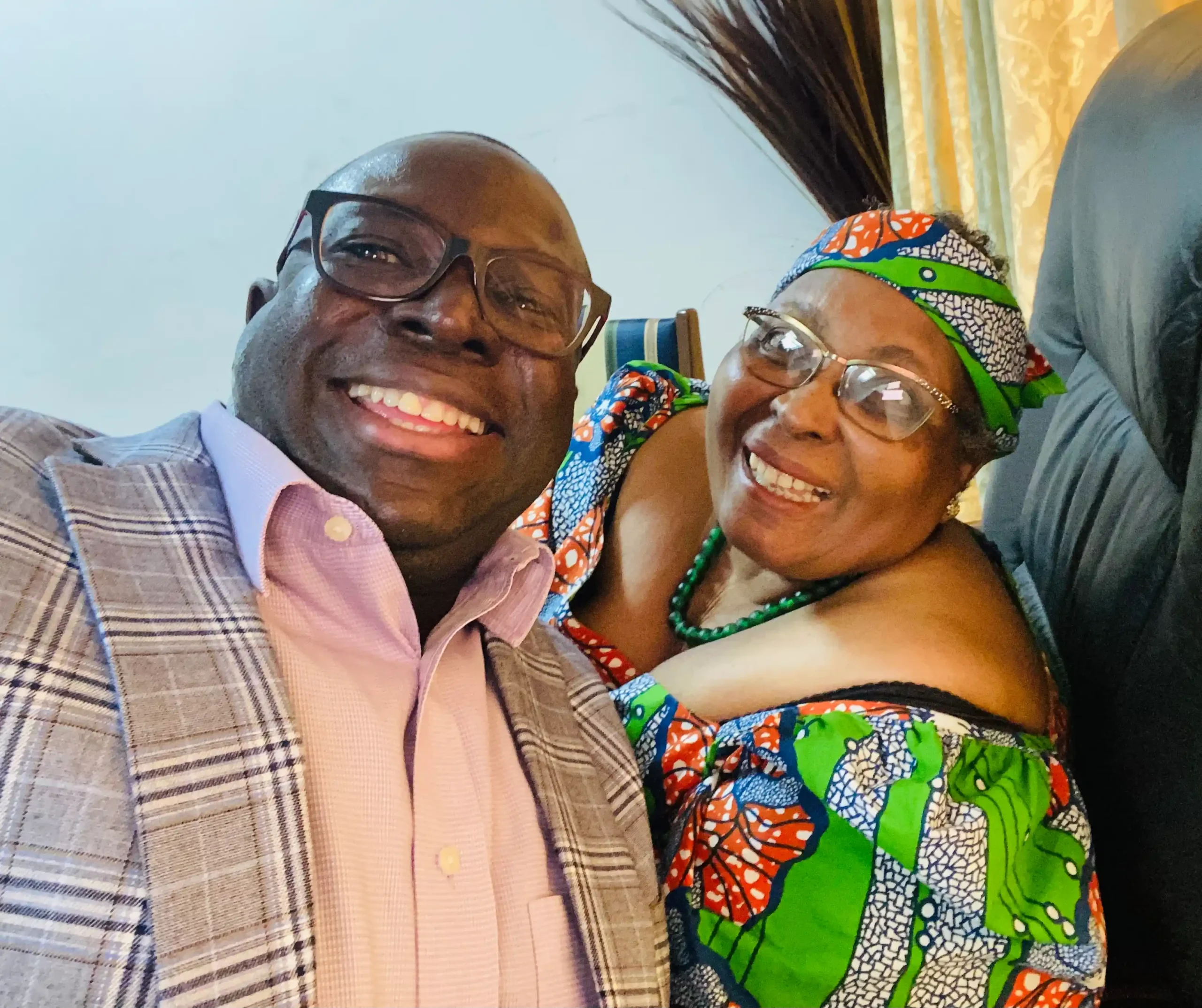

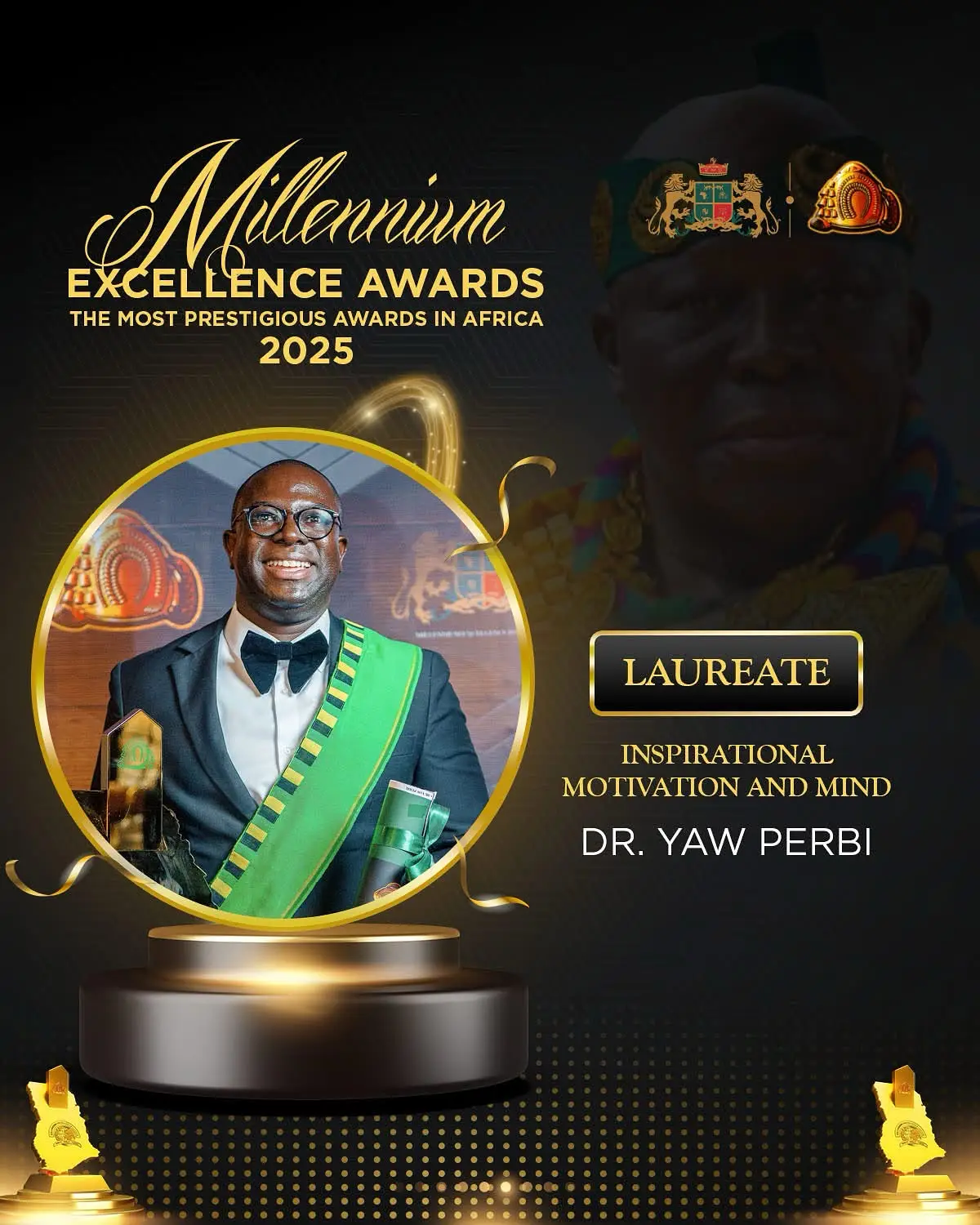
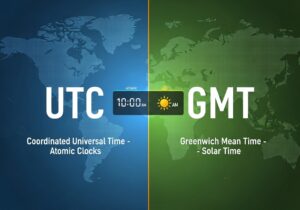
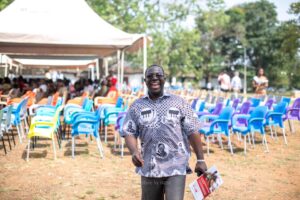
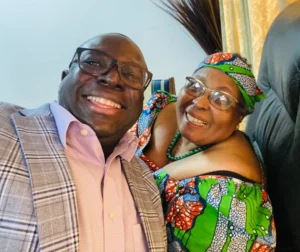
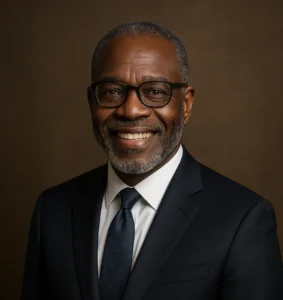

1 Comment
Good morning Sir. I completed the University of Cape where I did my service as a teaching assistant at the history department.
I listened to your speech this morning on NewsFile. I identified with you about some of the things you spoke about values. I have since read some of your articles and I will be glad to work with you in that regard.
I think the issue of corruption cut across all institutions including the academic cycle.
Last year I drafted something titled Impact Ghana similar to some of the things you said. However I was targeting second cycle institutions to instill the Values of Honesty and Integrity since they are most likely to be the next NPP and NDC leaders of this nation.
I will love to get close to you to share it with you and see how you can coach me on starting this campaign in the various Senior High Schools.
I was thinking of getting in touch with the Ghana Integrity Initiative, Manasseh Azure and other liked minded individuals.
Emmanuel John A Awine
UCC
0542751986
awineemmanuel2016@gmail.com